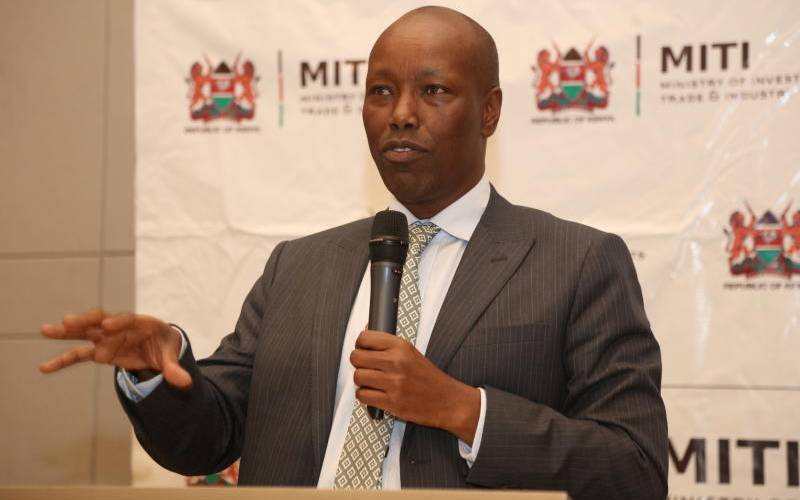×
The Standard e-Paper
Home To Bold Columnists

Long-standing infrastructural development challenges continue to be the main reason behind Kenya's imbalanced distribution of innovation hubs, new research shows.
According to the Mapping, the Innovation Ecosystem in Kenya Report, almost all the innovation hubs in the country are located in Nairobi.







